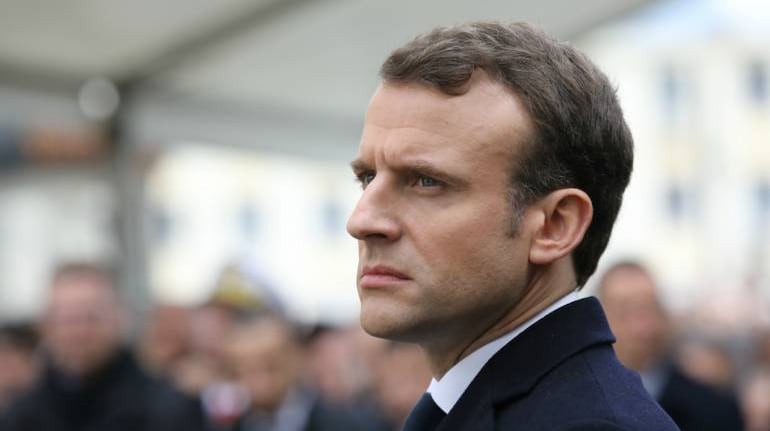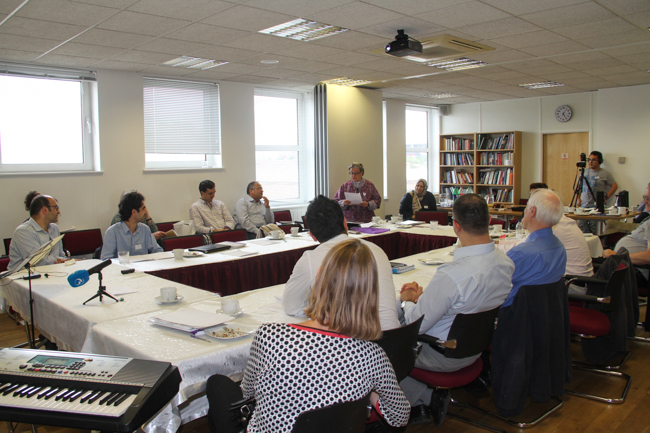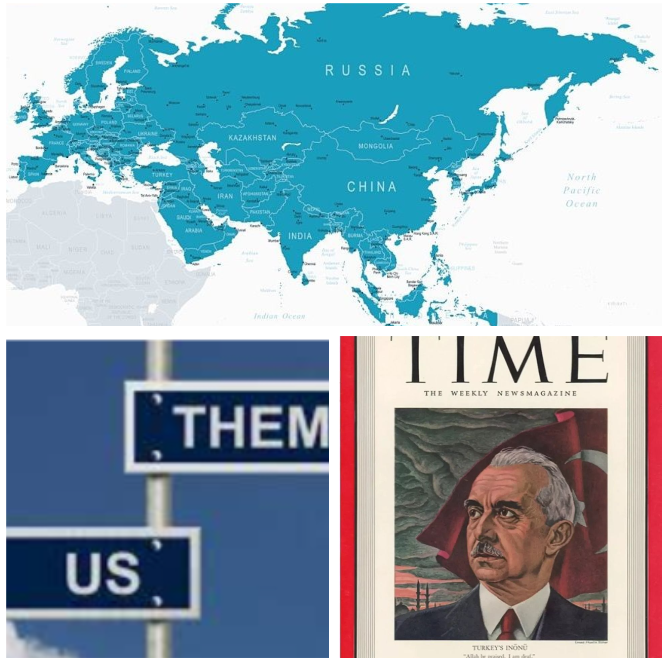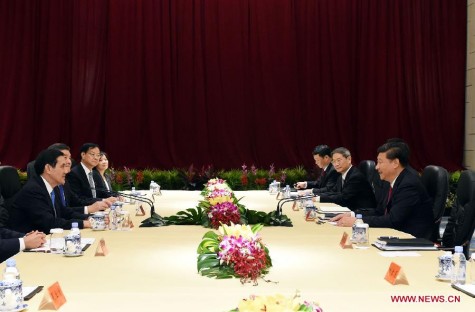Ankara's rapid decision to close the Turkish straits to war vessels in the very early days of the Ukraine-Russia war has served to sustain relative calm in the Black Sea region. This achievement helped the brokering of the Black Sea Grain Initiative on 22 July 2022. As this initiative enabled the shipment of Ukrainian grain to world markets, alarmingly rising food prices could be tapped and a possible humanitarian crisis in food-insecure countries was averted. Also, as long as the Grain Initiative held, the Black Sea largely remained out of the fighting zone. This helped to prevent the war from expanding to a larger geography.
Russia's withdrawal from the Grain Initiative on 17 July 2023 and its subsequent attacks on Odesa and other southern Ukrainian cities and towns, and Ukraine's counteracts in kind however elevated the tensions in the Black Sea. These developments jeopardized the relative stability in the region. The mainstream Western media and think tanks directed their gaze on the Black Sea and conspicuously began discussing the possibilities of the expansion of the military confrontations to the region. Circumstantial evidence suggests that the opening of a new front in the Black Sea is being discussed by some political circles in some Western capitals.
These prospects are highly precarious. Destabilization of the relative stability in the Black Sea risks the spread of armed hostilities well beyond the Ukrainian territory. This may drag Romania and Bulgaria into the war. Such a contingency would incite a NATO-Russia war. NATO officials time and again expressed their worry about this possibility.
Therefore, the urgent imperative is to ease tensions in the Black Sea rather than increasing them. For that, all parties are required to act prudently. Russia needs to stop targeting Ukrainian civilian infrastructure including the grain storage and transport infrastructure and return to the Grain Initiative. The West needs to take Russia's complaints about the disapplication of the "Memorandum of Understanding between the Russian Federation and the Secretariat of the United Nations on promoting Russian food products and fertilizers to the world markets."
It is apparent that further direct or indirect Western/NATO interference in the Black Sea region will increase the risk of the expansion of war to the region. In order to avoid this possibility, alternative ways and mechanisms that would help to preserve the relative calm in the Black Sea should be looked for.
All to the good, there are some already existing mechanisms encompassing the Black Sea countries including Ukraine and Russia. The Organization of the Black Sea Economic Cooperation (BSEC), for example, is one of them with a three decades long history. This organization was founded in 1992. It has 13 member states of the Wider Black region: Albania, Armenia, Azerbaijan, Bulgaria, Georgia, Greece, Moldova, North Macedonia, Romania, Russia, Serbia, Türkiye, and Ukraine. The BSEC is a multilateral political and economic initiative aiming to nurture interaction, harmony, peace, stability, and prosperity in the Black Sea region. Under the current circumstances, it may be the best possible diplomatic platform for making a bid to decrease the tensions in the Black Sea.
In this vein, as an alternative to very risky proposals of a NATO mission to escort and protect vessels sailing to/from Ukrainian ports, the creation of a BSEC naval mission to monitor and regulate maritime traffic in the Black Sea would be much less risky and acceptable. In that, the memberships of Ukraine and Russia to the BSEC would be a significant advantage, since both of these belligerent countries may take part in the process, relieving their possible worries about the misconduct of the BSEC mission. Certainly, establishing a BSEC naval mission has its complications. Nevertheless, compared to the complications and risks of other proposals, the BSEC naval mission is worth pondering.
© 2009-2025 Center for Eurasian Studies (AVİM) All Rights Reserved

 ÇANAKKALE 1915 ORATORIO
ÇANAKKALE 1915 ORATORIO
 EU OBSERVER IN THE SPOTLIGHT AGAIN
EU OBSERVER IN THE SPOTLIGHT AGAIN
 AFTER WATS: PERSPECTIVES ON TURKISH-ARMENIAN SCHOLARSHIP
AFTER WATS: PERSPECTIVES ON TURKISH-ARMENIAN SCHOLARSHIP
 THE ARMENIAN NATIONAL COMMITTEE OF AMERICA'S (ANCA) OUTRAGEOUS SMEAR CAMPAIGN AGAINST DISNEY PLUS'S ATATURK SERIES PROJECT
THE ARMENIAN NATIONAL COMMITTEE OF AMERICA'S (ANCA) OUTRAGEOUS SMEAR CAMPAIGN AGAINST DISNEY PLUS'S ATATURK SERIES PROJECT
 WILL MORE CASES BE ADDED ON TO THE LIST OF SENATOR MENENDEZ’S CORRUPTION SCANDALS, WHICH HAVE COME TO LIGHT AT REGULAR INTERVALS?
WILL MORE CASES BE ADDED ON TO THE LIST OF SENATOR MENENDEZ’S CORRUPTION SCANDALS, WHICH HAVE COME TO LIGHT AT REGULAR INTERVALS?
ARMENIAN GENOCIDE FILMS FAIL TO WIN ACCLAIM
 CONSTRUCTIVE EURASIANISM AND PAST REFLECTIONS
CONSTRUCTIVE EURASIANISM AND PAST REFLECTIONS
 HISTORIC MEETING BETWEEN PRESIDENT XI OF PRC AND PRESIDENT MA OF ROC TAKES PLACE IN SINGAPORE
HISTORIC MEETING BETWEEN PRESIDENT XI OF PRC AND PRESIDENT MA OF ROC TAKES PLACE IN SINGAPORE
 SERZH SARGSYAN’S RECENT CONTACTS WITH THE EUROPEAN PEOPLE’S PARTY
SERZH SARGSYAN’S RECENT CONTACTS WITH THE EUROPEAN PEOPLE’S PARTY




























